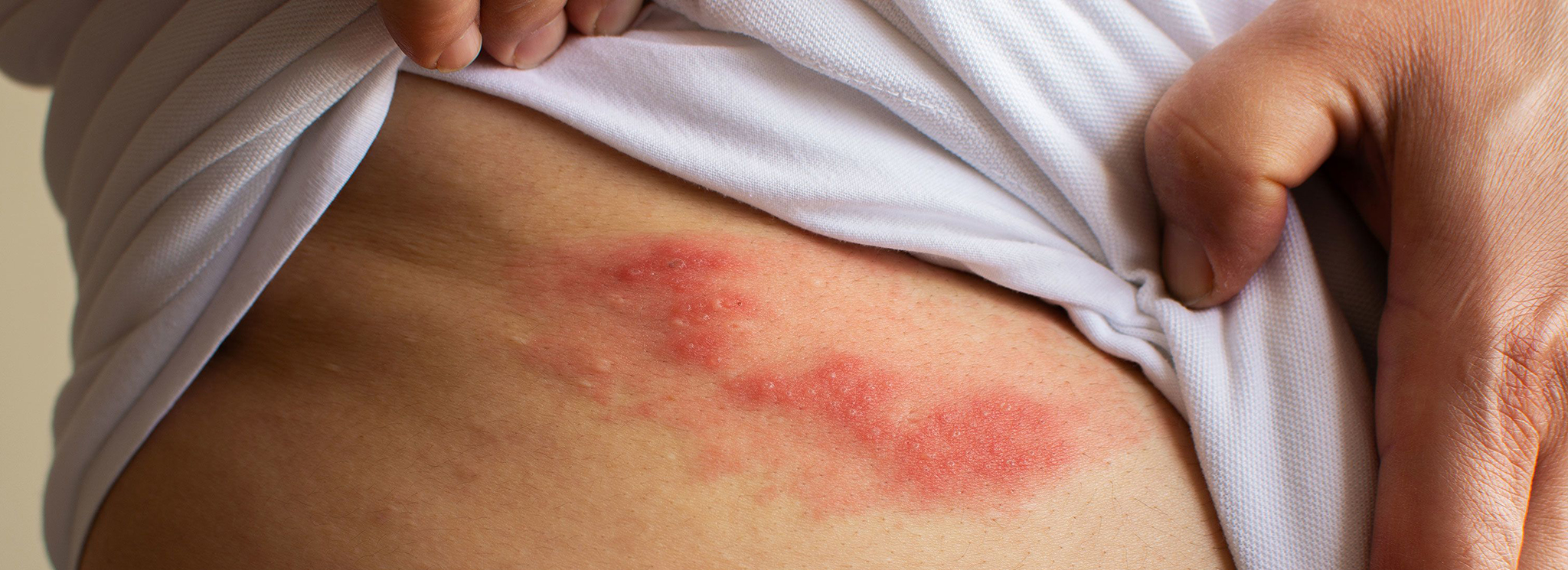
Shingles: Causes Symptoms and Treatment
Shingles, also known as herpes zoster, is caused by the reactivation of the varicella-zoster virus, which is the same virus that causes chickenpox.
Once an individual recovers from chickenpox, usually during their early years, the virus stays inactive within the nervous system. Later in life, it can reactivate, leading to shingles.
In this blog we are going to explore some commonly asked questions about Shingles, along with helpful tips on treatment and symptoms to look out for.
What Are the Symptoms of Shingles?
The symptoms of shingles (herpes zoster) can vary from person to person, but they typically include:
- Pain and Sensitivity: Often the first symptom is pain, burning, or tingling in a specific area of the skin. This discomfort may feel like a localized pain or a deep ache.
- Rash: A crimson, blister-filled rash typically appears several days post the onset of pain. The rash generally presents itself on one side of the body, following the path of a particular nerve.
- Blisters: The rash eventually forms fluid-filled blisters that can break open, ooze, and then crust over.
- Itching: The affected area may also itch as the rash develops.
- Fever and Fatigue: Some people experience mild symptoms such as fever, headache, chills, and overall fatigue.
- Sensitivity to Light: Increased sensitivity to light or difficulty seeing can also occur in some cases.
What is the Treatment for Shingles?
The treatment for shingles primarily focuses on reducing pain, speeding up healing, and preventing complications. Here are the common approaches used:
- Antiviral Medications: Medications such as acyclovir, valacyclovir, or famciclovir can help shorten the duration of shingles. It can also reduce the severity of symptoms if taken within 72 hours of the rash appearing.
- Pain Relief: Over-the-counter pain relievers like ibuprofen or acetaminophen can help manage pain. Additional prescription medications may be necessary for severe pain.
- Corticosteroids: In some cases, doctors may prescribe corticosteroids to reduce inflammation and alleviate pain. Particularly in cases where shingles affects the face or if the pain is severe.
- Topical Treatments: Creams, ointments, or patches that contain lidocaine or capsaicin can be applied to the rash to help relieve localized pain.
- Cooling Compresses: Applying cool, moist compresses to the affected areas can help soothe the skin and reduce discomfort.
- Vaccination: The shingles vaccine can help prevent shingles or lessen its severity if you have had it before. Health experts recommend it for adults aged 50 and older.
Can You Get Shingles Twice?
Yes, it is possible to get shingles more than once. While many people experience shingles only once in their lifetime, some may have recurrent episodes.
As people age and if their immune systems weaken, the risk of getting shingles again increases.
If you suspect you have shingles or have had it before, consulting with a healthcare provider is important for proper guidance and management.
Is Shingles Contagious?
Yes, shingles is contagious, but it doesn’t spread in the same way that many other viral infections do.
The virus that causes shingles, known as the varicella-zoster virus, can be transmitted from a person with shingles to someone who has never had chickenpox or hasn’t been vaccinated against it. In that case, the person could develop chickenpox.
The shingles rash itself is not contagious. People typically spread the virus through direct contact with the fluid from the blisters of the shingles rash.
Once the rash has crusted over, the person is no longer contagious.
Always best to take precautions and avoid close contact with individuals at risk. These include pregnant women, infants, and those with weakened immune systems.
How Does Shingles Spread?
Shingles can spread in many ways. Here are some of the most common forms.
- Direct Contact with Rash: If someone has active shingles, they can transmit the virus through direct contact with the fluid from the blisters. A person who has never had chickenpox or hasn’t been vaccinated can develop chickenpox if they come in contact with the shingles rash.
- Contagious Period: A person with shingles is contagious from the time the rash appears until the blisters crust over. Keeping the rash covered is important to prevent spreading the virus.
- Not Airborne: Shingles is not spread through the air like colds or flu. It requires direct skin contact.
- At-Risk Individuals: Those who have not had chickenpox, newborns, and people with weakened immune systems are at higher risk of contracting the virus if exposed to shingles.
To minimize the risk of spreading shingles, it’s advisable for those with the condition to stay away from vulnerable individuals until the rash has completely healed. Vaccination against shingles can help lower the risk of developing the disease and its complications.
Can You Get Shingles if You Never Had Chickenpox?
You won’t develop shingles without prior exposure to VZV, but you can contract chickenpox from someone who has shingles by coming into contact with their rash.
The virus responsible for shingles is the varicella-zoster virus, which also triggers chickenpox.
If you have never had chickenpox but have received the vaccine, the vaccine can help reduce your risk of getting shingles.
In rare cases, some people who have not encountered chickenpox or the virus itself might still develop shingles. This is because the varicella-zoster virus is present in the environment, although this is uncommon.
When to Seek Care For Singles?
- Mental Health Concerns: If you’re experiencing prolonged feelings of sadness, anxiety, or isolation, it’s important to seek support from a mental health professional. Therapy can help address these issues effectively.
- Physical Health Symptoms: If you notice any unusual physical symptoms, such as persistent pain, changes in appetite, fatigue, or unexplained weight loss, it’s wise to consult a healthcare provider.
- Sexual Health: Regular check-ups for sexually transmitted infections (STIs) are essential, especially if you have multiple partners. Don’t hesitate to seek care if you experience any symptoms or have concerns about your sexual health.
- Substance Use: If you find yourself relying on alcohol or drugs more than you’d like, it might be time to talk to a professional about your habits and any underlying issues.
- Support During Life Changes: If you’re going through significant changes, such as a breakup, job loss, or relocation, seeking care can provide you with coping strategies and support.
- Preventive Care: Regular health check-ups, screenings, and vaccinations are crucial for maintaining overall health. Don’t postpone these appointments because you are single.
- Feeling Overwhelmed and Stress: If you’re juggling many responsibilities or feeling overwhelmed, seeking care for stress management through counseling can be beneficial.
Remember, taking care of your health—both physical and mental—is important, regardless of your relationship status. Seeking help when you need it is always okay.
Getting Care for Shingles is Important:
Our urgent care can provide treatment and diagnosis of Shingles, as well as Chickenpox. It is always important to get a rash checked by a medical professional if you are unsure where it came from, or why you have it. Rashes can come from many types of illnesses and external factors. It doesn’t always mean you have Shingles.
What We Provide:
- Antivirals when required
- Antibiotics when required
- Rapid testing to rule out flu, strep throat, COVID, and mono
- Referrals for follow up care when needed
- Assessments of symptoms and health history
- Further lab testing if necessary
- Assess any rashes or skin conditions of concern

